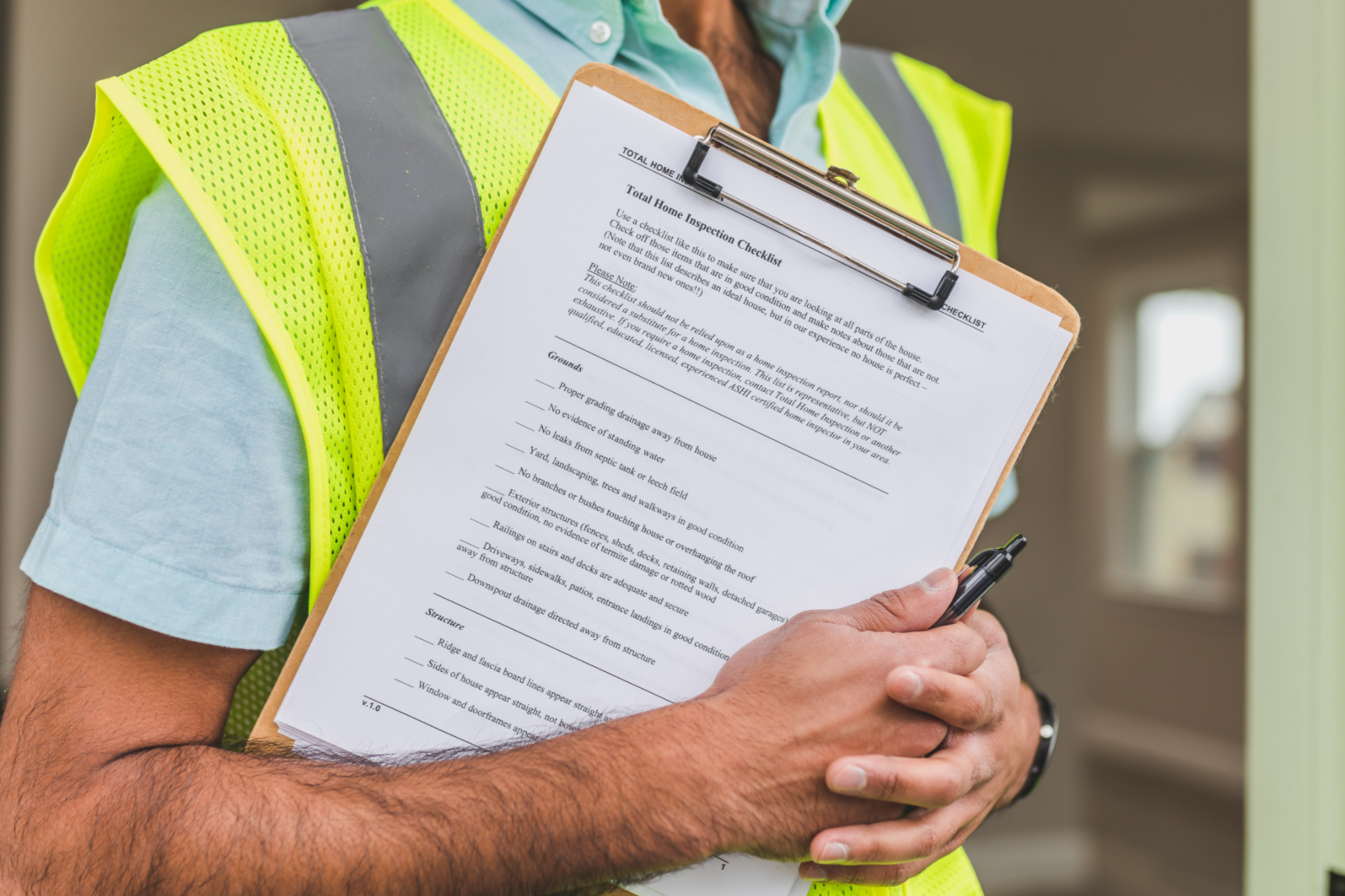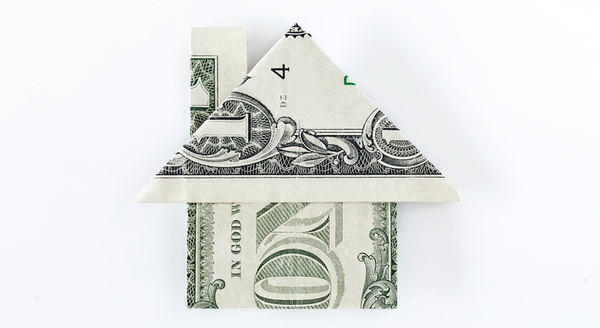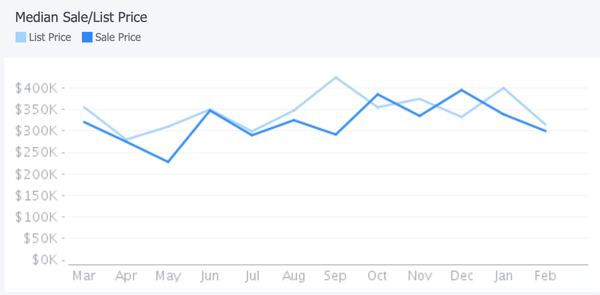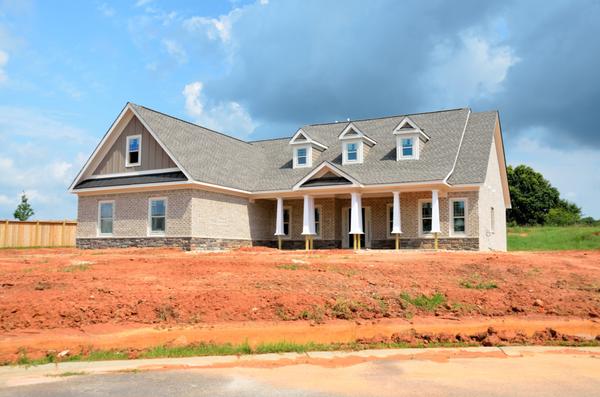Which home inspections do I need in New Jersey and Pennsylvania?

If you are thinking about purchasing a home, you may be wondering what inspections you should be considering. For many of us, our home is our biggest asset, and so it makes sense to ensure that any prospective purchase is in good working order, and that you are prepared for any potential maintenance issues that you may need to budget for in your first few years of ownership.
In the last few years, the pressure of a competitive market has led many buyers to waive inspections in an effort to get an offer accepted. I would NEVER recommend that you waive any inspections, unless you happen to be a qualified HVAC, roofing, plumbing, electrical, septic, well, and general construction expert. Beneath the walls of an otherwise beautiful home can lurk many problems which can cause health risks to your family, or financial burdens you may not be prepared to shoulder.
Here is an overview of the common types of inspections that I would advise all home buyers to consider.
Home inspection
A home inspection is a non-invasive visual examination of the structural and mechanical systems in a home. The inspector's report will review the condition of the home's heating system, central air conditioning system (temperature permitting), interior plumbing, electrical systems, roof, attic, visible insulation, walls, ceilings, floors, windows, doors, foundation, basement, and visible structure. In addition, the home inspector will look for evidence of insect, water, fire damage, or any other issue that may affect the property's value. A home inspection typically takes 3+ hours to complete. A house does not pass or fail a home inspection; the written report will pin-point the problems to the buyers and make recommendations for further evaluation when needed by a licensed specialist (HVAC Contractor, Plumber, Electrician, Roofer, etc.). It is important to remember that there is no such thing as a perfect home (not even a new build!). Many defects are repairable or replaceable on different levels and the decision belongs to the buyers as to what they are prepared to accept. The home inspection is a tool that you should use to educate yourself when you are purchasing a property. Average cost $400-$500.
Termite (and other wood-boring insects)
During a pest inspection, an inspector checks the exterior and interior of your property for any signs of infestation, damage, or areas that are attractive to pests. This can involve taking moisture readings with a meter and looking for other signs, such as mud tubes (small tunnels that subterranean termites build to access food); piles of wings; damaged wood (crushed joints; sounds hollow when tapped); moist wood; bubbling and buckled paint. Average cost $85-$100.
Radon inspection
Radon is colorless, odorless, and extremely carcinogenic (cancer-causing). It can affect homes anywhere in the US, and the only way to check for elevated levels of radon in your home is with testing. Home tests are available, but we recommend professional testing for peace of mind. If Radon levels are high and equipment is required to mediate the gas, we can potentially negotiate with the home seller for the cost. Average cost $100-$200.
Fireplace and chimney inspection
A chimney inspector will assess whether the chimney and fireplace are venting properly, if the mortar is cracked or deteriorating, if the liner is in good condition, and if there’s a heavy buildup of creosote (a byproduct of burning wood), which can combust. This prevents chimney fires and smoke or odors from seeping inside when you’d go to light the fireplace on a chilly day. Some older homes use the chimney to vent the water heater and HVAC system, and if this is the case, a chimney inspection is essential. Average cost $300-$400.
Pool inspection
This inspection can include safety checks, such as noting whether any latches and fencing are working properly, as well as whether electrical wires and devices are away from the pool. It also includes reviewing the vinyl liner and plaster, along with any decorative or functional tiling and components such as the filter, pump, and heater. It is important to note that a full pool inspection can only be performed during the season when the pool is open and all filters and pumps are operational. Limited inspections can be performed during the winter months. Average cost $350-$450.
Septic inspection
Most septic systems consist of a septic tank, a distribution box, and a leach field. People also refer to a leach field as a drain field. Septic tanks assist in digesting organic matter and will separate floatable matter such as oil, grease, and solids from the wastewater. A septic system that is functioning properly will discharge the liquid from the septic tank to a distribution box to perforated pipes that are buried in a leach field. The pipes are designed to release the effluent into the ground slowly. If you are looking to buy a home with this type of wastewater treatment system, a septic tank inspection is vital. Septic inspections make sure that the system is operating as it should, so that you and your family don’t get sick thanks to a leak or other problems. Septic systems can be costly to replace ($25k-$30k average), so it's important to protect yourself against unexpected costs after taking possession of the home. Average cost $300-$1000.
Well Water Inspection
New Jersey has a law called the Private Well Testing Act. The Act requires that, when property with certain types of drinking water wells is sold, the well water must be tested for contaminants. The results of the water testing must be reviewed by both the buyer and seller. The responsibility for the testing is a negotiable point for your contract, however it is most common locally for the Seller to accept this responsibility. Test results may be used to comply with the law for one year after the sample was collected, except for the coliform results, which may be used for six months after sample collection. Of course, if a new well were installed, the test results from the old well could not be used. Average cost $500-$900.
What happens after I get the reports?
Assuming that you have not chosen to waive inspections as part of your purchase contract, if there are issues which concern you, your Realtor or your attorney can negotiate with the Seller for you. You need to give the Seller a copy of any inspection reports that are relevant to what you are asking for. You can either ask for the Seller to repair the items, or you can ask for a credit to repair them yourself. You may need to provide quotes for the work required to support the amount you ask for.
After you give the Seller your list, they have a number of days to respond (this is specified in your contract). They can either agree to your requests, or they can negotiate with you about what they will and won't take care of.
If the Seller does not agree to your reasonable requests, you have the option to walk away from the contract, and ask for the return of your deposit.
Examples of reasonable requests after a home inspection
- Major electrical issues that are safety or code issues
- Plumbing, drainage, sewer, septic, or water issues (or well water issues, if applicable)
- Mold or water damage
- HVAC problems that affect home comfort
- Leaking roofs or missing shingles
- Termite and pest damage
- Building code violations
- Exposed asbestos or lead paint (not an issue unless exposed)
- Elevated radon levels (a common issue in homes with basements)
- Septic failure or dysfunction
- Well water test failure or well dysfunction
Please reach out if you have any questions about the home inspection process!

Categories
Recent Posts

What Every Homebuyer Should Know About Closing Costs

Audubon NJ : Local Market Report

Retiring Soon? Why Moving Might Be the Perfect Next Step

3 Things To Consider If Your House Didn’t Sell

2 Reasons Why Today’s Mortgage Rate Trend Is Good for Sellers

Avoid These 6 Common Mistakes After Applying for a Mortgage

Why You Need An Agent When Buying a New Construction Home

What the heck is going on with mortgage rates?

The Dramatic Impact of Homeownership on Net Worth

4 Ways Your Home Equity Can Help You Reach Your Goals


